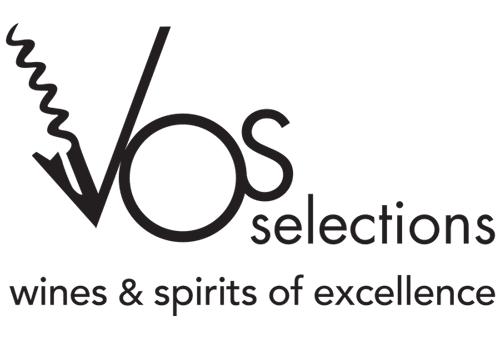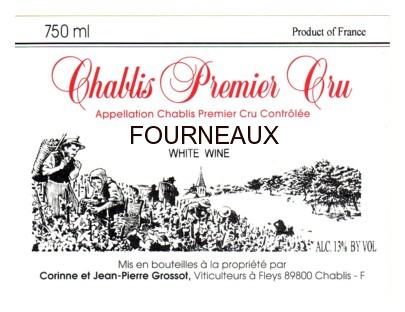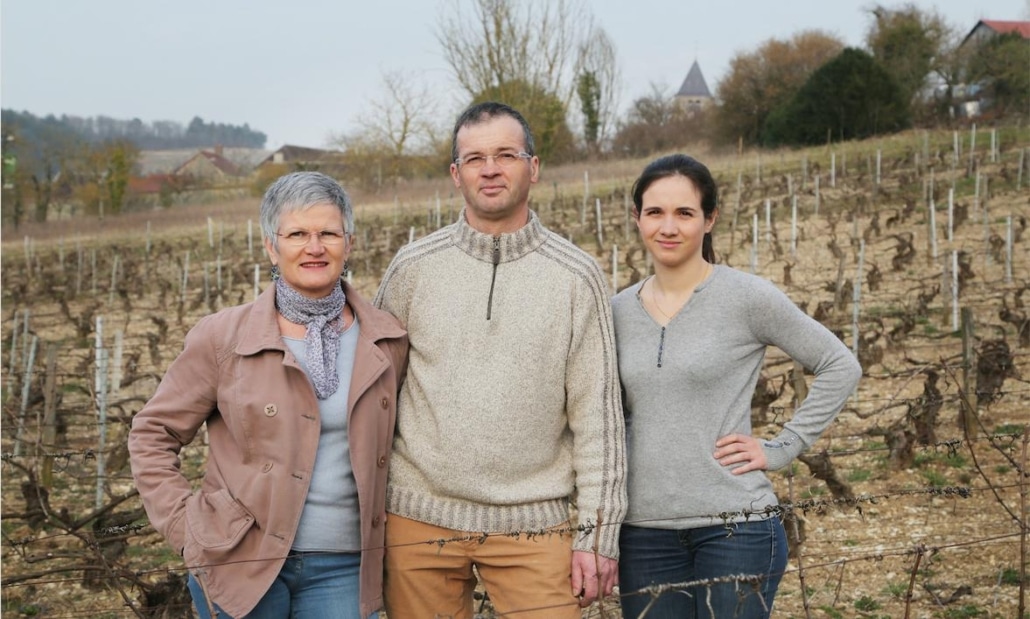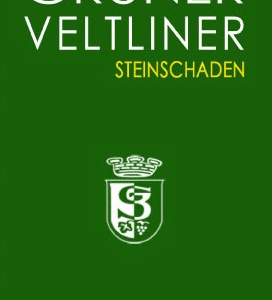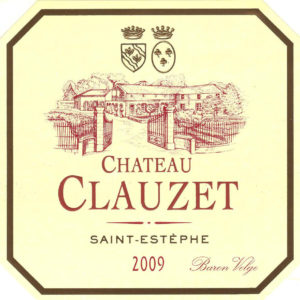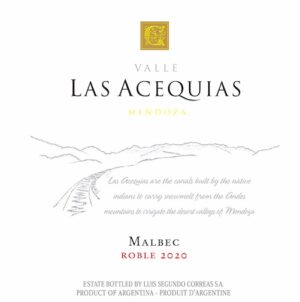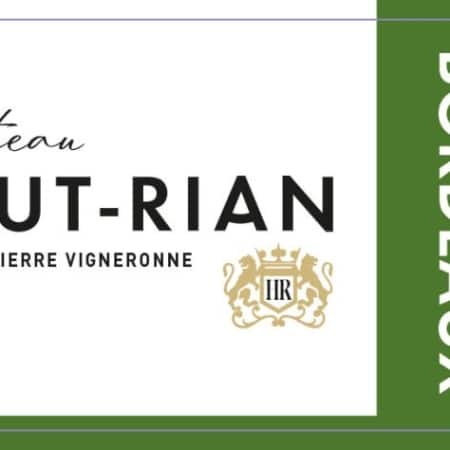ABOUT THE PRODUCER: Corinne et Jean-Pierre Grossot
Corinne and Jean-Pierre Grossot represent the third and fourth generations of winemakers at their family domaine, and the estate counts among the elite of the appellation. Their daughter Eve joined them in 2010. The Grossots cultivate 18 hectares of vineyards centered in the village of Fleys, just east of the town of Chablis and on the right bank of the Serein River, which is recognized as the finest part of the Chablis appellation. Their production is 80% Chablis AOC (at a quality level that far surpasses other village level Chablis) and 20% (5 hectares) Premier Crus. The Grossots seek to produce exceptional Chablis wines by keeping the rich, pure
Chardonnay fruit, the unique mineral quality of the Kimmeridgian soil, and the lively fruity acidity and bouquet, in perfect balance. The grapes are hand-harvested and gently pressed in a horizontal pneumatic press to ensure the fullest extraction of flavors and aromas. The juice ferments very slowly at low temperatures in stainless steel tanks, and after a first racking, the wines rest mostly in tanks to develop. All wines undergo malolactic fermentation in all vintages. Bottling is usually done 12-18 months after the harvest.
Farming/vinification practices: certified organic since 2015. By pruning severely, the vines have adequate aeration so the threat of problems requiring treatments (such as various forms of mildew and botrytis) is largely eliminated. The vines are fertilized when required by using only organic materials, the soil is plowed, and grass is planted between the rows. If necessary, the vines are minimally treated with a copper-sulfate mixture. Grossot recycles his vine cuttings as fuel for heating the domaine’s buildings. Eve Grossot observes that organic farming has led to healthier vines that resist maladies and do not show hydric stress because the roots are deeper. The grapes mature sooner with ideal sugar-acid balance. Indigenous yeasts allow for longer fermentation and more complex and expressive wines. The wines are vegan.
- 2018: The last “normal” vintage in Chablis. Warm growing season, no frost, early flowering, early harvest (first half of September), dry summer, great yields. “True to type”.
- 2019: Significant frost early in the year led to greatly reduced yields. Hot summer. Tiny production with incredible concentration, high acid, and tension.
- 2020: Hottest vintage ever. Harvest occurred the last week of August. Approachable, balanced, fruit-forward.
“I want people to feel the energy of our wines, their vivacity and purity, as well as the typicity of our terroirs when they drink them” – Eve Grossot
